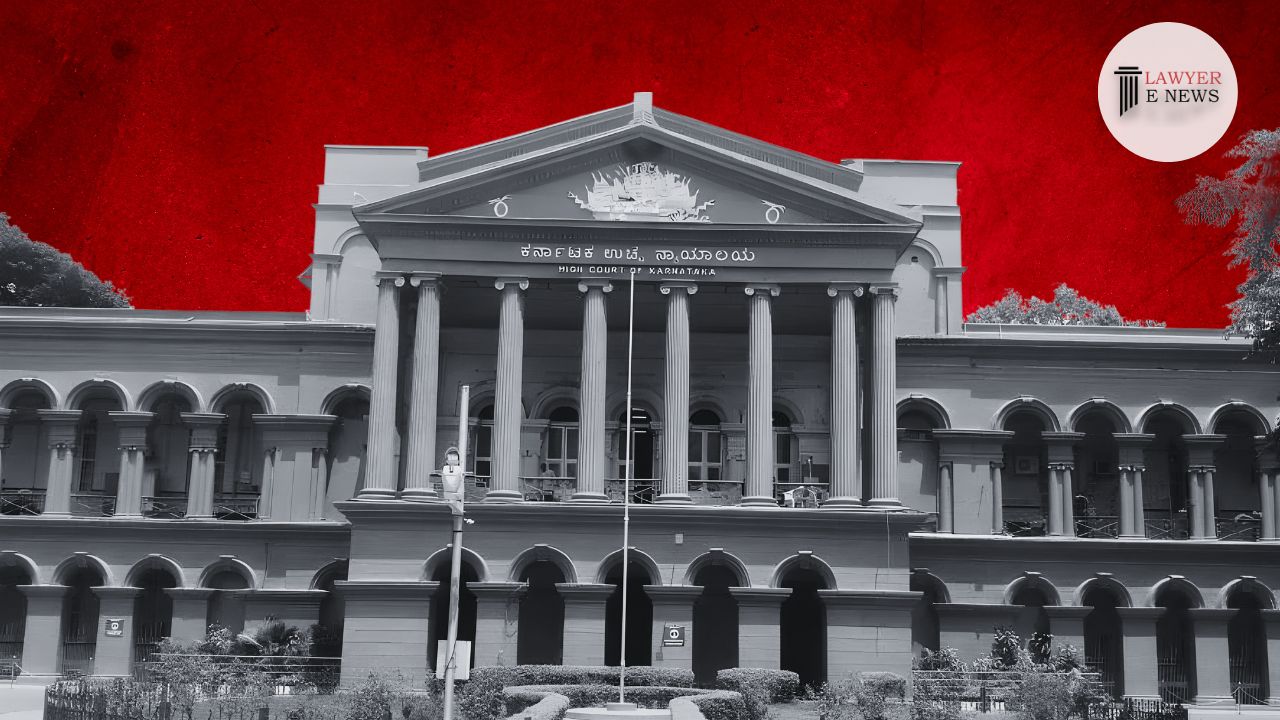-
by Admin
17 February 2026 2:34 PM



.In a notable decision, the High Court of Karnataka, presided over by Hon'ble Mr. Justice M. Nagaprasanna, has allowed the termination of pregnancy for a rape victim who is beyond the 24-week gestational limit, emphasizing the mental health impact and socio-economic consequences for the victim.
The judgment revolves around the interpretation of the Medical Termination of Pregnancy Act, 1971, particularly the provisions allowing termination beyond the gestational limit of 24 weeks in specific circumstances. The court delved into the Act's provisions, focusing on whether the continuation of the pregnancy would cause grave injury to the mental health of the rape victim.
The petitioner, a 21-year-old rape victim, had initially been denied termination of pregnancy at 24 weeks gestation, citing the Act's limitations. This decision was challenged in court, highlighting the psychological burden and diagnosed adjustment disorder faced by the petitioner.
Justice Nagaprasanna critically analyzed the provisions of the Medical Termination of Pregnancy Act, 1971, and referenced landmark Supreme Court judgments in similar contexts. The court observed, "In the peculiar facts and circumstances of the case at hand, it would be appropriate to quote the judgment of the Apex Court... wherein the Apex Court has held as follows: 'The High Court... should have... adhered to the statutory provision that when there is an allegation of rape, the pregnancy can be terminated.'"
The court stressed the importance of the victim's reproductive choice and mental health in cases of rape-induced pregnancy. It was noted that the Medical Board had focused solely on the Act's provisions without adequately considering the petitioner's fitness for termination and the psychological impact.
The High Court directed the Vani Vilas Hospital in Bengaluru to execute the medical termination of pregnancy, taking into account the petitioner's fitness for the procedure. The court also ordered DNA testing of the fetus and stated that if the child is born alive, the State should assume full responsibility for the child's welfare, as per the Juvenile Justice Act, 2015. Additionally, the court directed the State to compensate the victim in accordance with the relevant government order.
Dated: 13th February 2024
XXX VS The State of Karnataka
